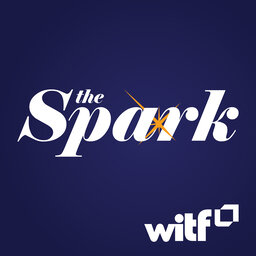Mental Health experts weigh in on seasonal depression
Now that daylight saving time ended this past weekend, it’s usually a time where people can feel a little more blue than usual. According to Dr. Ahmad Hameed, Psychiatrist at Penn State Health, it’s called seasonal depression.
“This kind of depression, which is affiliated to a particular season and generally it happens in fall and winter. And when the seasons, then one gets back to not being sad and depressed during this time. Individuals who have seasonal affective disorder, which is which is what it was previously called, have low mood, lower energy issues with focus, concentration, their irritability and changes in sleep pattern, “said Hameed.
If you notice you feel a little more depressed during the fall or winter months, then it’s important to reach out to a mental health expert to dig a little bit deeper into it. Dr. Rafat Omar, Psychologist at UPMC suggests reaching out to a therapist if you think you are struggling with seasonal depression.
“I mean, you know, as with any other depression, you know, there are things that we can do to manage it, to mitigate it, to help the person get through it. So, it's not something that necessarily is going to come and disrupt your life and you're just a passive victim to it. So, I want people to feel comfortable knowing that they are empowered to do something about it, to help alleviate it a little bit as much as they can, “said Omar.
Daylight saving time doesn’t directly cause mental health conditions, but it can intensify those who are currently battling depression or anxiety.
“Well, you know, you look at what happens when daylight savings time comes around, the lights get longer, the days get shorter, there's less sunlight. Typically, with the time of year, it gets colder out. So, you know, there's less that people are. Able to do in some regards, you know, less time, but they're able to spend outside and especially for people who enjoy being outdoors, this becomes a challenge for them. So even though it's not a direct cause. That impacted because as we know, with depression, as the depression worsens, the activity level drops. As the activity level drops, the depression worsens even more. So that sort of snowball effect, coupled with the lack of benefits that we get from the sunlight because there's fewer sunlight hours kind of combined to create the perfect storm, so to speak, for more depressive symptoms, “said Hameed.
 The Spark
The Spark


